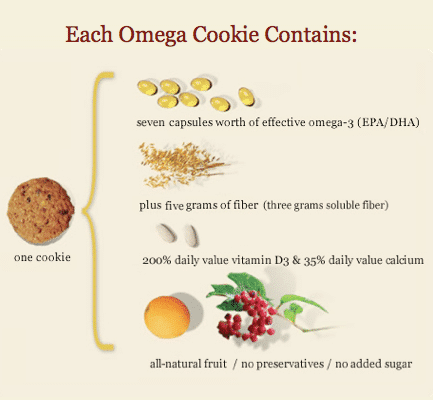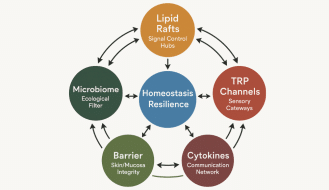Count Quality Calories, Not Total Calories Says Harvard Study
It’s hard not to let the words, “I told you so” bubble up inside me as I read the latest results from Harvard’s Nurses’ Health Study II.
The findings concur with what we have been trying to get across to our customers for several years: rethink counting calories and look at the kinds of calories you’re eating.
Dr. Mozaffarian, lead author in the study, makes the distinction between good and bad foods, and I want to shout “Hallelujah”.
This follow-up study analyzed weight, exercise and the detailed eating habits of 121,000 health professionals over 12 to 20 years. The results show, using real-life experience, that certain foods contribute to greater weight gain. It is not adequate to just look at the number of carbs, fat or calories. Instead you need to read the list of ingredients.
Compare Ingredients

You may actually be slowing your metabolism down more by eating a 100 calorie serving of potato chips than munching on a 220 calorie fiber and fat-rich Omega Cookie. This is especially true since beta glucan fibers from oatmeal and EPA/DHA omega 3 fatty acids slows the return of hunger, levels off blood sugar spikes and ramps up your mitochondrial energy-burning engine.
As to be expected, french fries lead the list of bad foods, followed by potato chips, sugar-sweetened drinks, red meats and processed meats. Next comes other forms of potatoes; sweets and desserts; refined grains; other fried foods; 100-percent fruit juice and butter.
The only foods that resulted in weight loss or no gain were fruits, vegetables and whole grains.
Conclusion: Yes, be concerned about calories, but be more concerned about what kind of calories you are consuming.
Popular posts



Related posts






